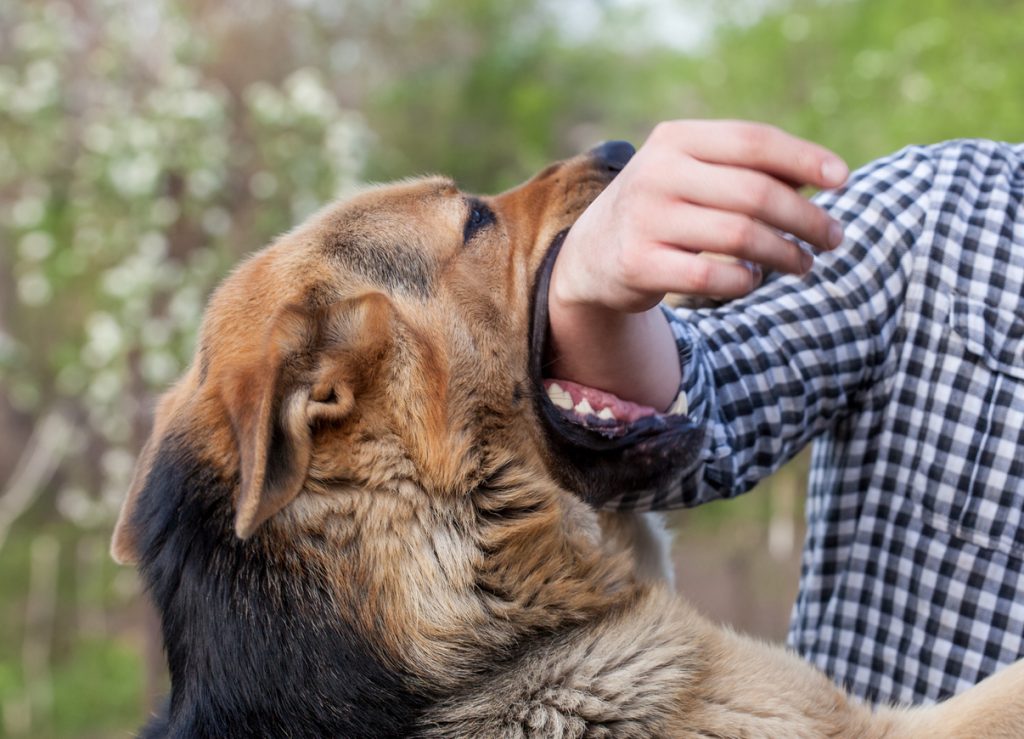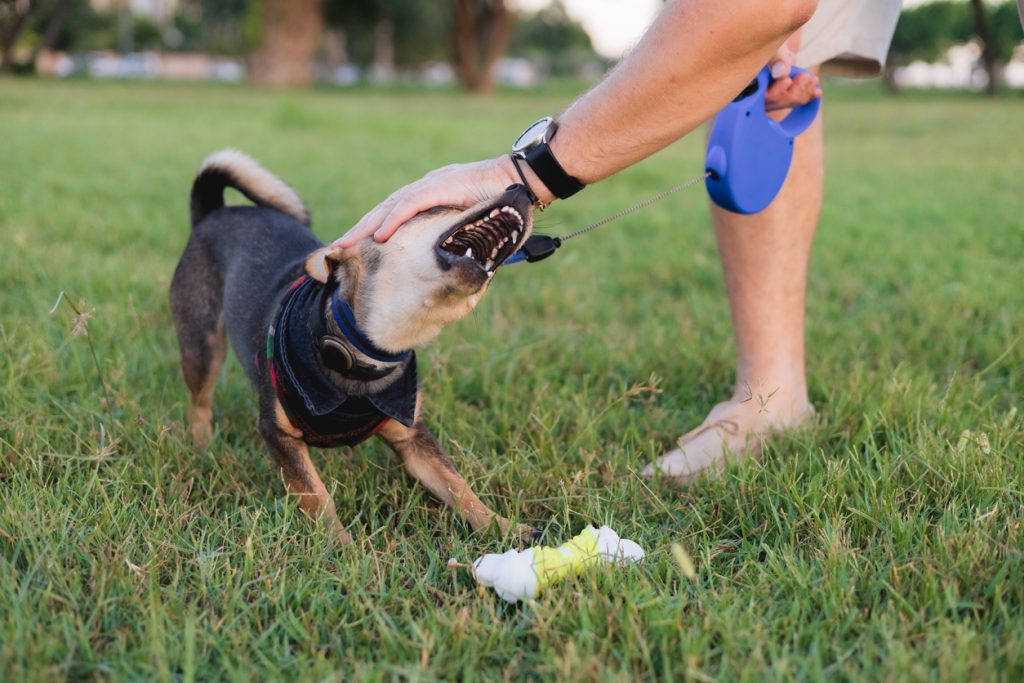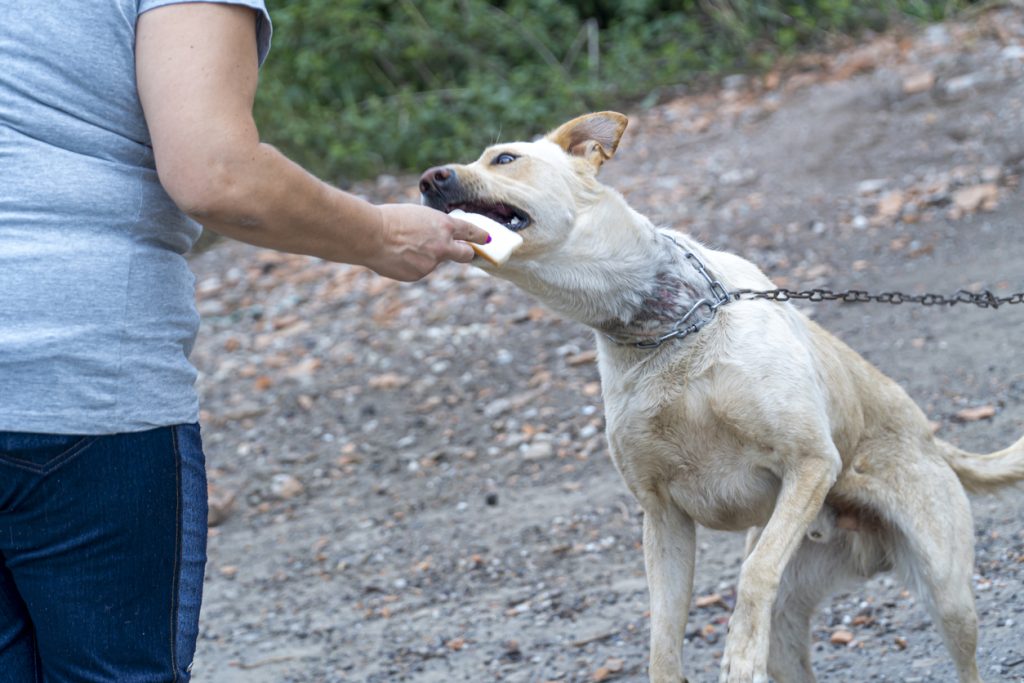The scope of Florida Dog Bite Laws extends notably to situations involving children, reflecting specific statutory protections and nuanced parental rights. Incidents of dog bites frequently involve minors due to their curious nature and unfamiliarity with animal behavior. Understanding the ramifications for both injured children and the obligations or defenses available to parents is vital in the context of Florida dog attacks.
Key Provisions of Florida Dog Bite Laws in Child-Related Incidents
A pivotal section of Florida Dog Bite Laws—found in Florida Statutes § 767.04—establishes strict liability for dog owners whose animals bite any person in a public place or lawfully on private property. There is no need to prove that the dog owner knew of any previous viciousness—a protection that covers children comprehensively. This means that if a child is bitten, the owner is liable so long as the child was lawfully present. The law is especially robust in the case of minors who often cannot appreciate danger or provoke animals as an adult might be alleged to have done.
Beyond strict liability, Florida Dog Bite Laws acknowledge the vulnerability of children. Courts recognize that young children are less able to understand the risks of interacting with dogs, further shaping how liability and damages are assessed when the victim is a minor.
Elements of Strict Liability and “Lawful Presence” Under Florida Dog Bite Laws
The strict liability approach of Florida Dog Bite Laws means parental consent or the child’s intentions are usually irrelevant to the question of liability, provided the child was lawfully present. Under these statutes, a child entering a neighbor’s yard to retrieve a toy or visiting at the invitation of a resident is considered to be lawfully on the premises.
Generally, trespassing by a minor may limit the applicability of strict liability, but courts interpret “lawful presence” liberally for children. The rationale is that children, especially those under the age of six, might not fully understand property boundaries or posted warnings. This factor distinguishes child cases from those involving adults and often preserves a path to compensation when children are injured.
The Role of Comparative Negligence and Child Victims in Florida Dog Bite Laws
Comparative negligence can reduce compensation if a victim’s actions partially caused the bite. However, in child dog bite scenarios, Florida Dog Bite Laws employ a fundamental premise from tort law: children under six are conclusively presumed incapable of comparative negligence. For victims older than six but still minors, comparative negligence may apply, but the law examines the child’s age, maturity, and ability to comprehend danger.
As a result, defenses available to dog owners—such as claims that the victim provoked the dog—hold less sway when the injured party is a child, particularly one who is very young. Courts may still consider provocation for older minors, but the standard is more favorable to the victim compared to adults.

Parental Rights to Bring Claims Under Florida Dog Bite Laws
Parental rights embed the authority to seek compensation for a child’s injuries under Florida Dog Bite Laws. Parents or guardians can file suit to recover both economic and non-economic damages, including medical expenses, pain and suffering, psychological impacts, and—when warranted—future damages for ongoing medical or emotional needs. If the child incurs permanent injuries or requires surgeries, settlements or verdicts are designed to provide resources for long-term care.
Settlements or distribution of funds are subject to court oversight for the protection of the minor. Florida law mandates judicial approval for substantial settlements to ensure that the child’s future interests are safeguarded rather than subject to misuse or premature access.
Special Legal Standards for Child Victims Under Florida Dog Bite Laws
The legal standards underpinning Florida Dog Bite Laws recognize that young victims require unique consideration. The presumption that children under age six cannot be contributorily negligent is a significant doctrine supporting their right to recovery. Judicial analyses in relevant case law consistently reiterate this principle, reinforcing that young children are owed heightened duty of care by both animal owners and those responsible for their supervision.
Moreover, warning signs posted by dog owners, such as “Beware of Dog,” may limit liability to some extent in adult cases, but for children, these warnings do not always suffice. Courts often hold that children may not comprehend written warnings, and thus, the presence of a sign is not an absolute defense if a child is bitten.
Parental Responsibility for Supervising Children and Preventing Incidents
While Florida Dog Bite Laws confer rights on parents and children, they also underscore the shared societal responsibility to prevent injuries. Parents are expected to exercise reasonable supervision. Nonetheless, the legal system distinguishes between ordinary lapses in supervision and outright neglect. For example, allowing a toddler to wander unsupervised into a fenced yard with a chained dog may prompt legal arguments about negligence; however, the baseline legal protection for children remains robust under Florida statutes.
Damages Available for Children Under Florida Dog Bite Laws
Children bitten by dogs may be entitled to compensation for initial medical costs, ongoing rehabilitation, permanent scarring or disfigurement, emotional trauma, and reduced quality of life. Florida Dog Bite Laws enable claims for both short-term and long-term losses. Parents can recoup out-of-pocket expenses for treatments, while damages awarded to the child for future pain and suffering or impairment are often placed in a trust or subject to structured settlements.
Judicial oversight ensures damages are distributed fairly, guarding against exploitation and ensuring resources are preserved for the minor’s use when legally appropriate.
Statutory Time Limits Affecting Parental Claims Under Florida Dog Bite Laws
Florida’s statutes of limitations allow parents to pursue claims on behalf of their minor children within a defined window. However, when the claimant is a child, statutes often toll (pause) until the child reaches 18, thereby preserving the ability to secure compensation even if an incident occurred years earlier. Parents are still encouraged to take timely legal action due to challenges in evidence preservation and witness availability over time.

Defenses Available to Dog Owners in Child Dog Bite Cases Within Florida Dog Bite Laws
Dog owners may assert certain defenses, but these are subject to limitation where child victims are concerned. For instance, if the owner can establish that the child was trespassing or engaged in significant provocation, liability can be reduced or entirely precluded; however, Florida’s kid-friendly legal framework means that minors—especially young ones—are less likely to be found culpable.
Crucially, certain breeds are not exempt, and local ordinances restricting particular dogs do not override the state-level strict liability standards established by Florida Dog Bite Laws. Additionally, a history of aggressive behavior by the dog is not required for parental recovery in child injury cases.
Emotional Harm and Psychological Effects in Child Dog Bite Cases
Physical injuries are not the only focus of Florida Dog Bite Laws; psychological effects frequently follow dog attacks, especially for children. Victims may develop post-traumatic stress, fear of animals, or social anxiety that lingers for years. Courts may authorize recovery for such non-economic damages, and the law’s broad compensation framework for minors takes into account the developmental setbacks a bite may trigger.
The Importance of Prompt Medical and Legal Action After Child Dog Bites
Securing urgent medical attention is paramount after a dog bite to a child. Not only does this reduce the risk of infection and complications, but it also creates records essential for legal claims under Florida Dog Bite Laws. Immediate documentation—photos of injuries, medical records, eyewitness accounts—provides the foundation for comprehensive recovery by injured children and their parents.
Parents should also be aware of legal reporting requirements. Dog bite incidents must often be reported to local animal control or health departments. These reports are integral to public health monitoring and may prompt investigation into the dog’s vaccination status, recent behavior, and owner compliance with leash laws or local ordinances. For reference, thorough guidelines on reporting and public health responsibilities after an animal bite are published by Florida Health.
Notable Judicial Precedents Impacting Child Claims Under Florida Dog Bite Laws
Appellate court decisions in Florida have repeatedly reinforced the principle that strict liability is the rule—not the exception—for child dog bite cases. For example, courts have held that dog owners remain liable for injuries to very young children even when their property was clearly marked with warning signs, as children in these age groups cannot be expected to heed or understand such notices.
Further, Florida law recognizes the doctrine of attractive nuisance, where property owners may be responsible for injuries caused by hazards (including dogs) if it is foreseeable that children may be drawn onto their property. This judicial doctrine supplements the statutory protections outlined in Florida Dog Bite Laws, providing additional authority for compensation when minor victims are involved.
The Impact of Local Ordinances on Child Dog Bite Claims in Florida
While Florida Dog Bite Laws provide comprehensive statewide standards, municipalities may institute supplementary ordinances regarding dog registration, leash requirements, or breed-specific rules. These local regulations, however, do not diminish the liability protections afforded to children by state law. Instead, they function as additional layers of accountability, ensuring animal owners adhere to the highest standards in communities where children are present.
Insurance Implications in Child Dog Bite Cases Governed by Florida Dog Bite Laws
Homeowner’s and renter’s insurance policies are often central to obtaining compensation under Florida Dog Bite Laws. Parents of injured children should be aware that insurance coverage may vary by policy, and some insurers exclude or limit coverage for specified breeds or undisclosed animals. Prompt notification to all potentially responsible parties and their insurers accelerates claim processing and can influence the outcome and negotiation of settlements.
Case Study: Application of Florida Dog Bite Laws in Child Injury Litigation
Consider a scenario where a seven-year-old is bitten while visiting a neighbor’s home for a birthday celebration. The child was not trespassing, and there were no prior reports of the dog’s aggression. Under Florida Dog Bite Laws, the parents are empowered to seek compensation for both tangible and intangible damages, regardless of whether the dog had a history of biting. The neighbor’s posted “Beware of Dog” sign may reduce but does not negate liability, especially since the child’s age renders such warnings less effective.
This application highlights that for children, legal standards under Florida Dog Bite Laws consistently prioritize their protection and access to full recovery, provided basic eligibility, like lawful presence, is met.

The Future of Child Protections Under Florida Dog Bite Laws
Legislative and judicial trends indicate continued refinement and strengthening of safeguards for child dog bite victims in Florida. Expanding public awareness and clarifications regarding strict liability, attractive nuisance, and statutory definitions ensures evolving support for affected families. Education initiatives encouraging safe animal interactions for children and responsible pet ownership foster additional injury prevention, reducing the prevalence and severity of these incidents.
Conclusion: Legal Safeguards for Children and Rights of Parents Under Florida Dog Bite Laws
The clear statutory and judicial commitment to safeguarding children under Florida Dog Bite Laws reflects Florida’s aim to protect its youngest residents and their families from the trauma and long-term consequences of dog bite incidents. For parents, understanding these laws—along with their rights and responsibilities—is crucial for advocating effectively for their children’s recovery and well-being.
For an in-depth guide on the framework, exceptions, and parent-child-specific concerns, consult the comprehensive overview of Florida Dog Bite Laws.
